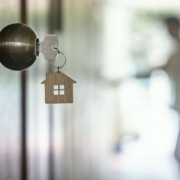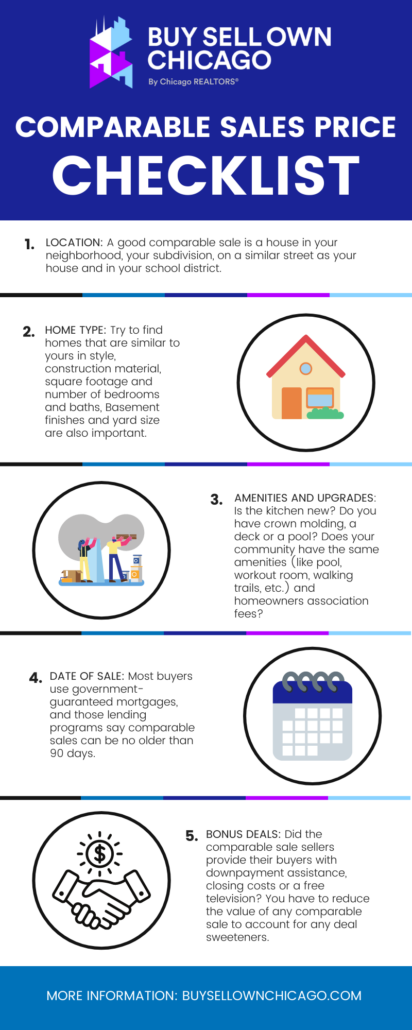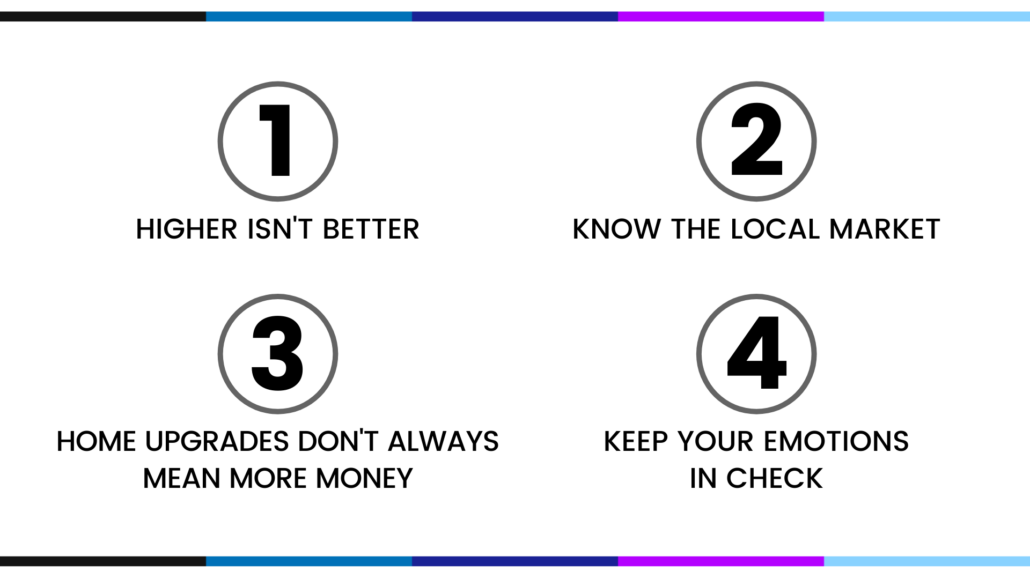7 Steps to Prepare Your Home to Sell
Selling your home is not always a straightforward process. Sometimes, it can be complex and time-consuming, but understanding the steps to successfully sell a home will ease your stress. By knowing how to get your house selling ready, you can make sure that your home is selling at the price you want and ensure the process go smoothly. Here are some tips for getting your home ready to sell:
Clean & Declutter
Before you start showing your home to potential buyers, it is important to give it a thorough cleaning and declutter as much as possible. Remove any personal items and excess clutter, and consider hiring a professional cleaning service to give your home a fresh, clean look.
Make Necessary Repairs
Fix any broken or damaged items in your home, such as leaky faucets, broken windows or chipped paint. These small repairs can go a long way in making your home more appealing to potential buyers and increasing its value.
Stage Your Home
Staging your home means making it look attractive and inviting to potential buyers. This can include rearranging furniture, adding decorations and making sure the home is well-lit and welcoming. Staging your home can help potential buyers visualize themselves living in the space. Consider hiring a professional stager or using your furniture and décor to create a cohesive and inviting look.
Price It Right
Setting the right price for your home is crucial to selling it. When setting a price for your home, it is important to be realistic. You should consider factors such as the condition of your home, its location and comparable sales in the area. Research comparable homes in your area to get a sense of what your home is worth. Your REALTOR® will help you along this process, make suggestions and ensure you’re set up for success!
Market Your Home
In today’s market, it is important to use a variety of marketing strategies to get your home noticed. This can include listing your home on websites, as well as utilizing social media and other online platforms to highlight your home. Also, your REALTOR® will have an arsenal of time-tested ways to ensure your house is being marketed to the right people, so make sure to utilize their skills.
Be Prepared for Showings
When potential buyers come to see your home, make sure it is ready for them. This means keeping it clean and tidy, turning on all the lights and having a good supply of fresh towels and linens for any potential buyers who may want to see the bathrooms.
Be Flexible
The process of selling a home can be unpredictable, and you may need to be flexible to close the deal. This may mean being open to negotiations, making repairs or updates at the request of the buyer or adjusting your selling timeline.
By following these tips, you can increase the appeal of your home and make it more attractive to potential buyers. Remember to be patient and keep an open mind as you navigate the process of selling your home.










